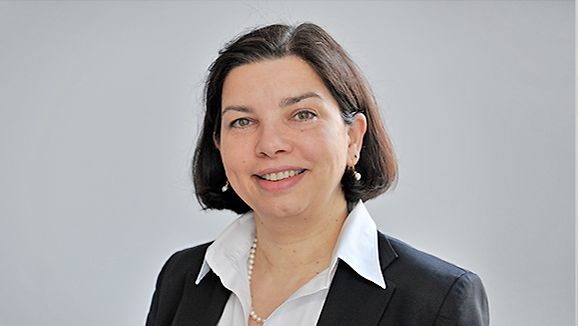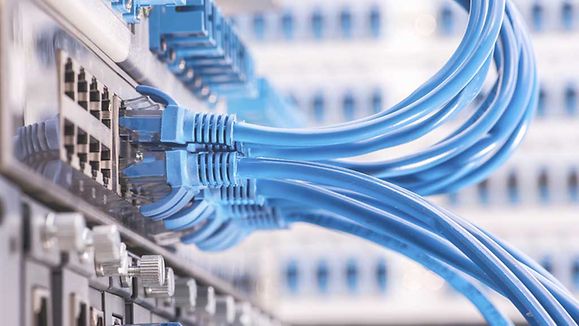ICT
Business Confidence in ICT Sector Reaches Record Levels
Germany’s ICT sector grew by four percent in 2021, taking turnover to EUR 178 billion in what proved to be a period of exceptional growth for the tech sector in Europe.
ICT sector reaches new business confidence high
Germany’s ICT sector has responded well to the shock of the coronavirus pandemic, with the business climate better than ever according to the Bitkom digital association. The IT, telecommunications and consumer electronics industries are on track to increase turnover for the year by four percent to more than EUR 178 billion based on current Bitkom projections. Surveys conducted by Bitkom and the ifo Institute saw ICT companies assess their current business situation as very good overall in June, with the Bitkom-ifo Digital index rising by 5.9 points to reach a record high of 40.5 points. “Growth at the core of the digital economy is stronger than it has been for 20 years,” said Bitkom president Achim Berg referring to the current market developments.
IT services remain the strongest segment
In the IT sector, year-on-year growth of 6.2 percent and turnover of EUR 101.8 billion is forecast, with IT hardware expected to be the best-performing sector where growth of 10.9 percent to EUR 33.2 billion is projected. With turnover volume of EUR 41.1 billion, IT services will still account for the largest share of the market ahead of IT hardware. Software spending is expected to rise by 6 percent to reach EUR 27.5 billion for the current year. In marked contrast, stationary desktop PC sales declined by 0.5 percent over the same period.
Home office and mobile working driving growth
According to Bitkom, the two main factors for these development are the growth of home office and mobile working practices, with both having significant effects on hardware as well software and IT services demand. Home office and mobile working models have found considerable favor in the digital sector: almost two thirds of ICT sector employees are currently still working entirely or partially from home. Mobile working and home office models will guarantee growth in the IT segment this year, with turnover set to increase by 6.6 percent to EUR 101.8 billion. IT hardware enjoys the strongest growth with turnover of EUR 33.2 billion (+10.9 percent). Infrastructure-as-a-Service (Iaas) sales grew by almost 30 percent, tablets by 19 percent and mobile PCs by 18 percent.
Global trends driving business agenda
A number of recent studies identify three global trends that will steer European business decision-makers’ agendas in 2021 and beyond. These include remote work transition (for dynamic, intelligent and agile work models), business model transformation (creation of pervasive and seamless customer experiences), and autonomous technologies (leveraging advanced tech including cloud solutions, AI and “extreme automation” for digital resiliency). However, the speed at which European ICT actors secure a return on their technology investment will be critical to leaving the Covid-19 crisis behind. "The corona crisis has shown that flexible working does not diminish the quality of work results - on the contrary. Working independently of time and place can benefit all sides," according to Bitkom president Achim Berg.
Forecast for 2022 positive despite corona variant uncertainty
Early indicators point to growth in the coming year, with Bitkom forecast market grown of 3.4 percent to EUR 184.3 billion in 2022. This is despite uncertainties related to the development of new coronavirus variants and a national government election in the fall of this year.
Digitalization key to recovery
The ongoing digital transformation of both industry and the public sector accelerated by the Covid-19 pandemic will continue to be critical to sustained economic recovery in the ICT sector and the economy as a whole. Bitkom sees renewed optimism in the digital industry, with business enjoying the acceleration of digitalization measures within companies, public administrations and private consumers in direct response to the pandemic.

